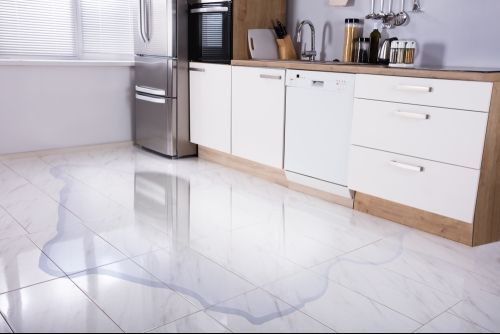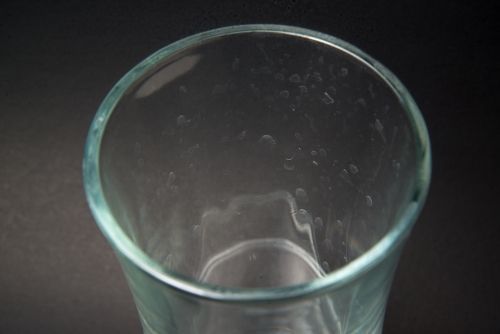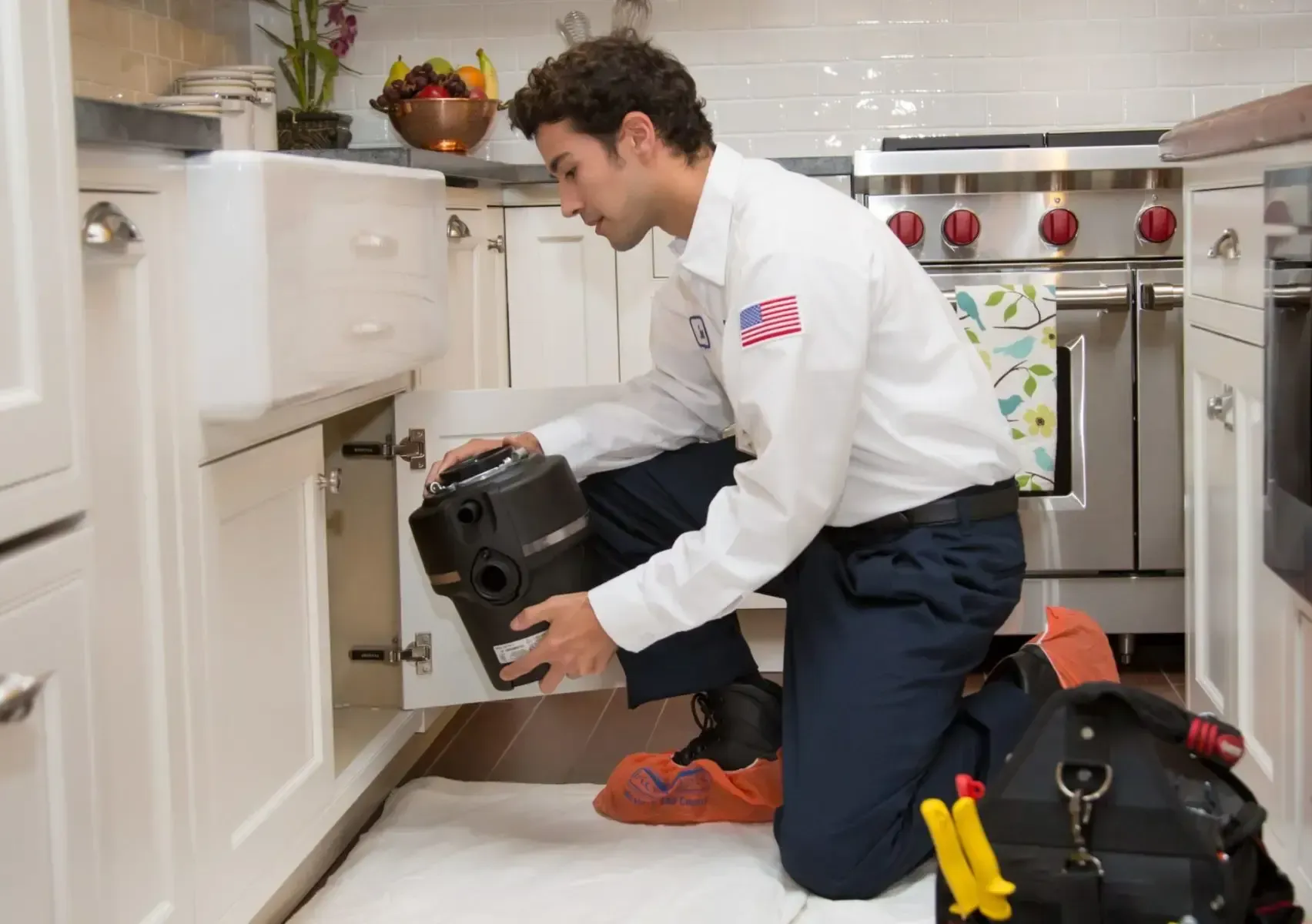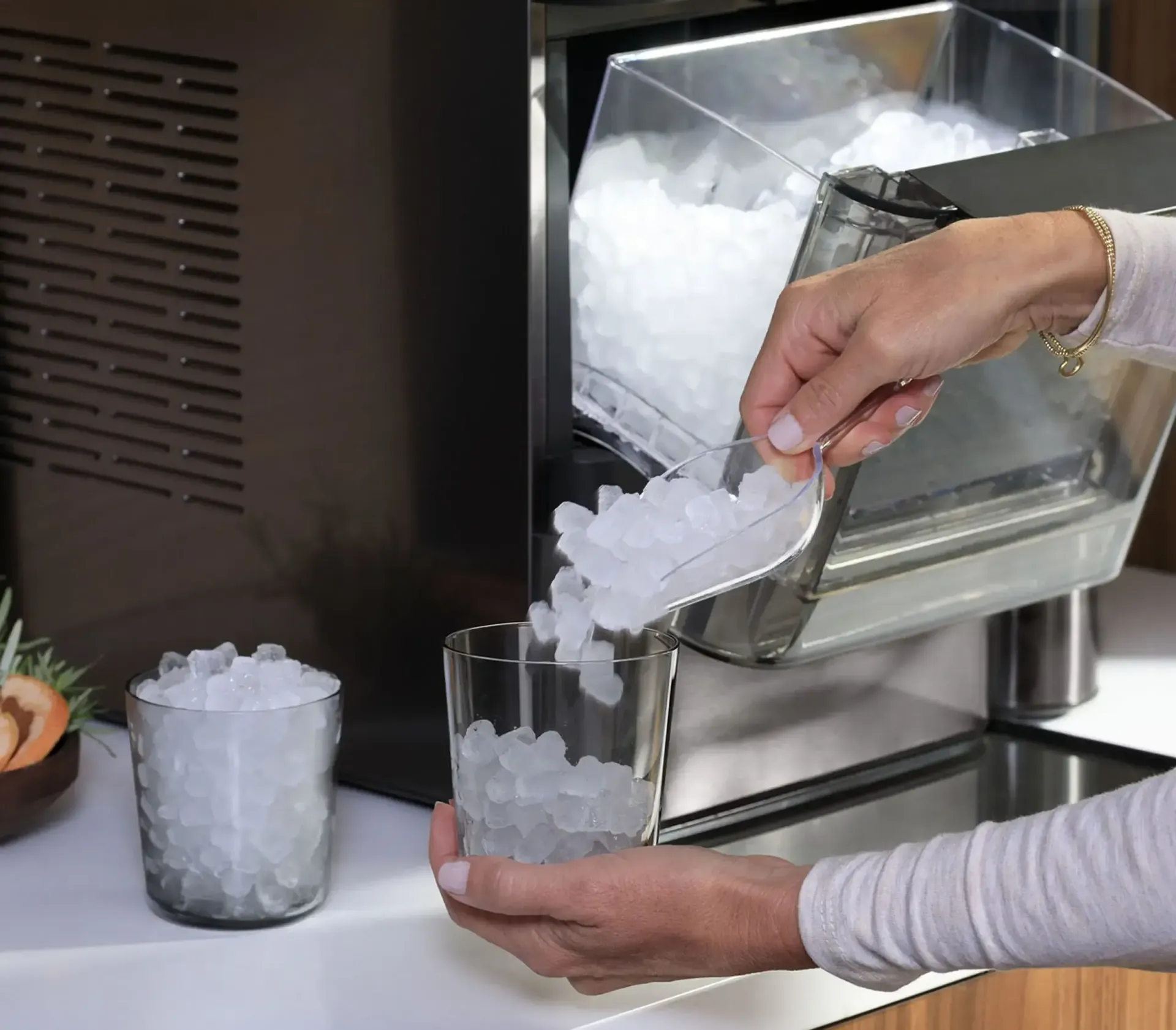Dishwashers are a fantastic addition to any home. Not only do they save time, they actually save more water than handwashing dishes. However, when a dishwasher breaks or doesn’t function correctly, it can turn very quickly from a modern convenience to a source of stress.
Most dishwashers last about 7 to 12 years. However, it isn’t entirely uncommon for a dishwasher to break before the 7-year mark. In fact, the Huffington Post published findings that show 1 in 5 dishwashers will break within 3 to 4 years. If you’re reading this blog, you’re probably discovering one or more issues with your dishwasher already.
Why Did My Dishwasher Stop Working?
We’ve compiled a list of 5 frequent dishwasher issues below, along with what is most likely to be the cause of each issue.
- The dishwasher is leaking
- There is still food left on the dishes
- The dishwasher isn’t draining
- You find a film, residue, or spots on your glassware
- The dishes aren’t drying
To learn more about each individual problem, read below:
1. The Dishwasher Is Leaking.

This is definitely one of the bigger and more serious problems a dishwasher can have because it can damage other parts of your kitchen or cause health-risks like mold. This problem can also be somewhat tricky because a dishwasher can leak for various reasons.
If the “leak” you’re seeing is in the form of suds spilling out around the edges of the door, you have probably used the wrong detergent. Dishwashers require a special type of detergent. Substituting that with ordinary dish soap or hand soap can have very sudsy results all over your kitchen floor. This is why it’s also a good idea to always make sure you rinse all the soapy water off your dishes before placing them in your dishwasher.
For other types of dishwasher leaks, there are a few possible causes:
- A water inlet valve that has “gone bad” due to hard water or corrosion
- Cracks in the drain hose or recirculation hose (which is usually made from plastic or rubber)
- An ineffective water pump seal
- The float switch is stuck or has gone bad
In each of these situations, the best solution will most often be to replace the faulty part.
2. There Is Still Food Left On The Dishes.
This is a likely indicator that your dishwasher’s filter has become too dirty or clogged to do its job. Naturally, the best thing to do is clean it. Certain dishwashers have removable filters, so you may need to consult your owner’s manual or look up the model number online to see how to clean yours.
3. The Dishwasher Isn’t Draining.
There are a few different factors that can keep a dishwasher from draining:
- Blockage in the drain hose, sink drain, sump, or pump. Over time, grease and food remnants can build up in any of the parts of the drain path and prevent water from leaving the dishwasher.
- A broken or damaged pump. Check for dents and cracks in the pump, and replace it if necessary.
Whatever the cause, getting this problem fixed is very important because an improperly draining dishwasher can end up flooding your kitchen.
4. You Find A Film, Residue, Or Spots On Your Glassware.

The film, residue, or spots that you’re seeing are most likely the leavings of hard water. Hard water contains high levels of minerals like magnesium and calcium, and when it dries on your glasses, it leaves that mineral residue behind. How hard the water is will vary depending on where you live. You can lessen its effects on your dishes by using a dish detergent booster or a rinse aid in your dishwasher. Rinse aid prevents water droplets from forming during the drying process, which in turn can help prevent those annoying streaks and spots.
5. The Dishes Aren’t Drying.
If your dishwasher is unable to dry your dishes effectively, its heating element is probably malfunctioning. If this is not your particular situation, it could either be a problem with your high-limit thermostat or your rinse aid dispenser. The high-limit thermostat is what keeps your dishwasher from getting too hot. However, if the thermostat is not functioning properly, it might be causing the heat to switch off prematurely. In the case of a rinse aid dispenser issue, you’ll first want to make sure that the dispenser isn’t empty. Secondly, you’ll want to ensure that it’s dispensing properly–otherwise, your dishes will have trouble drying.
Are You Experiencing These Problems Or Other Issues With Your Dishwasher?
At Fix Appliance Repair, our Monterey Bay dishwasher repair technicians have undergone extensive training and know what to look for in a broken unit. We can repair anything from a basic Frigidaire dishwasher to a complex Fisher & Paykel unit. To request service, simply contact us online or give us a call . We look forward to serving you!



